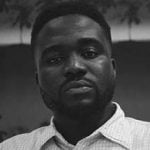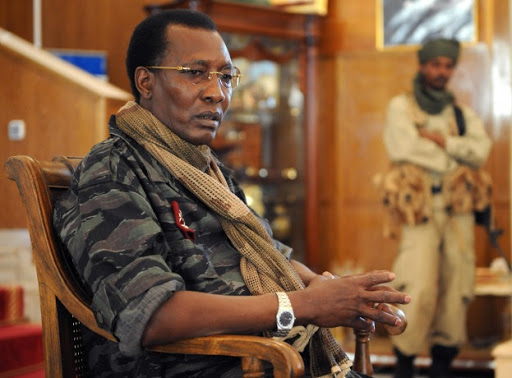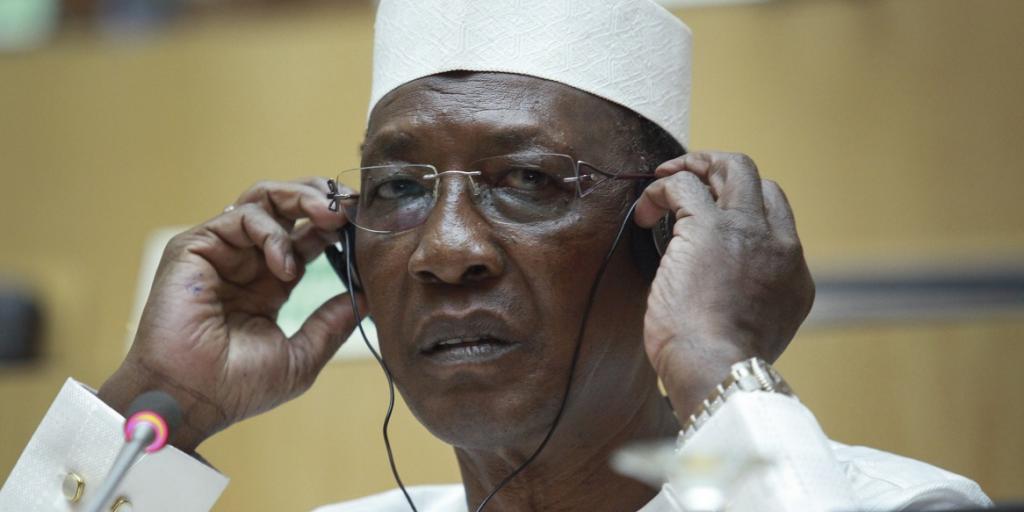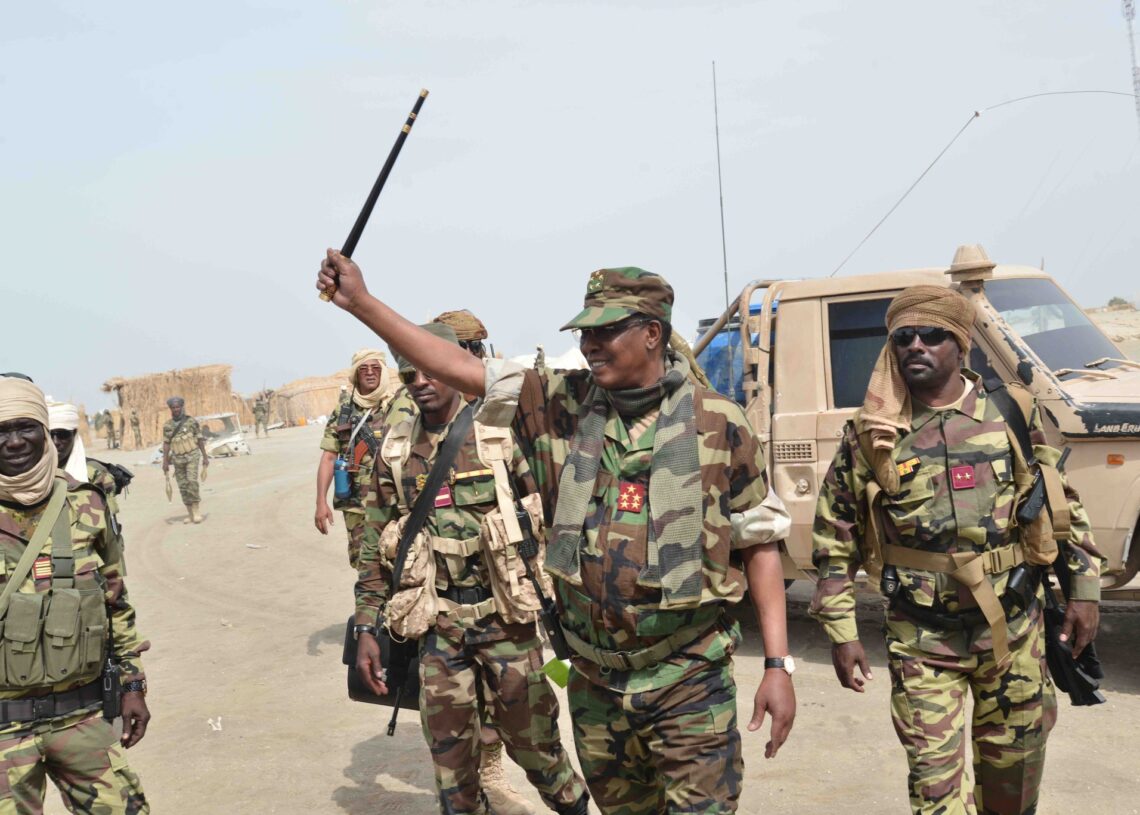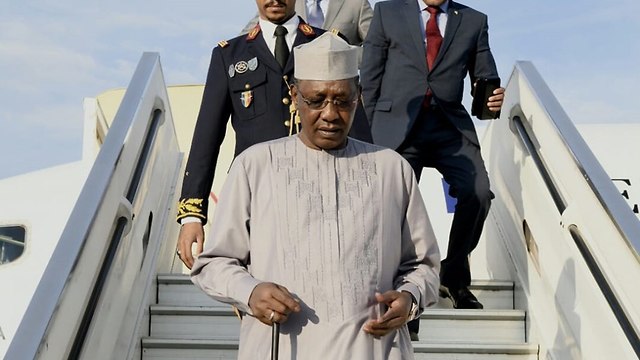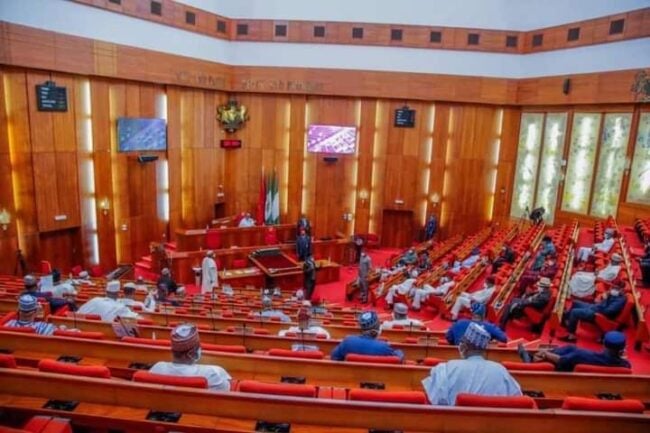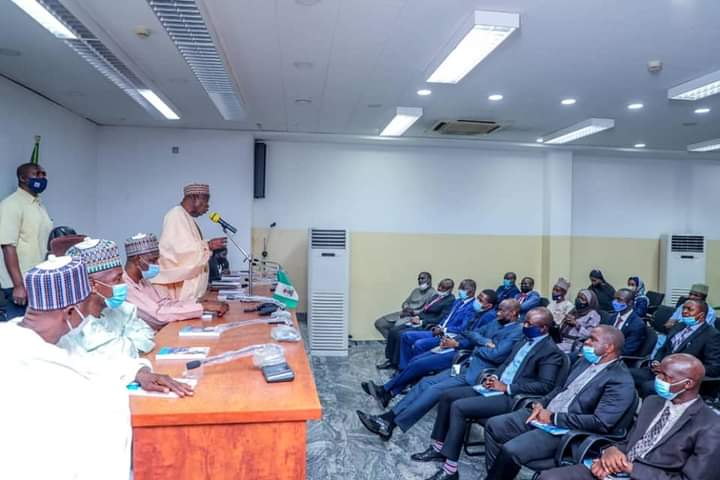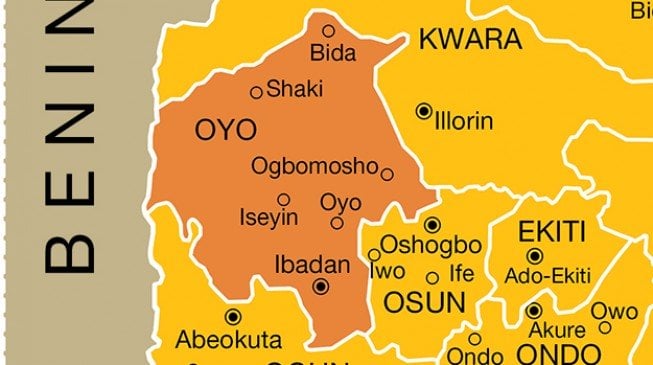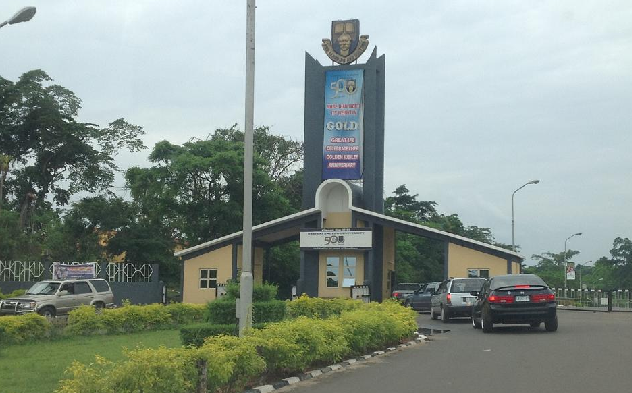Just as he was looking forward to a sixth term as president, death struck in an unexpected manner. Renowned for his gallantry, Idriss Déby, as announced by the Chadian army, died Tuesday from injuries sustained at the frontline.
Déby fighting rebels, even as a sitting president, does not come as a surprise, as he is often seen taking the lead in the battle against the enemies of the state. What might, however, beg for answers is how the five-star general and five-time president of the Central African country died in the hands of rebels — just like a regular combat soldier. Lack of intelligence on the military’s part? Déby’s exposure at the frontline? A veiled coup as being suggested in some quarters in Chad?
His death comes barely 24 hours after he had won the presidential election in an exercise boycotted by the opposition. And, just as his supporters waited for his victory speech, Déby prioritised a visit to the Chadian soldiers fighting the rebel group, Front for Change and Concord in Chad (FACT). And while on the battlefield, “he breathed his last, defending the sovereign nation”.
Advertisement
LONGEST SERVING CHADIAN PRESIDENT
Born on June 18, 1952, Déby, son of a herder, began his education at the Qur’anic School in Tiné. He proceeded to École Française in Fada and then to Lycée Franco-Arabe, a Franco-Arab school.
He attended the Lycée Jacques Moudeina in Bongor for a bachelor’s degree in science. He joined the Officers’ School in N’Djamena, and from there went to France for advanced military training, returning to Chad in 1976 with a professional pilot certificate.
Advertisement
After his return, Déby pitched his tent with the then president, Hissene Habre, but they fell out 10 years later after he accused him of plotting a coup.
With his life threatened and unable to remain in the country, Deby fled to Sudan where he formed the Patriotic Salvation Movement that enjoyed support from Libya and Sudan.
The movement successfully ousted Habré in December 1990 and he led a provisional government for a few months — and in 1991, a charter pronounced him president of Chad.
But Déby, nicknamed ‘great survivor’ for his political and military heroics, wouldn’t let go of power and he found himself in the infamous company of sit-tight African leaders.
Advertisement
In 2004, a referendum was held to remove presidential term limits, and this had enabled him to remain in power in perpetuity. But in 2016, he pushed for a constitutional change that returned a term limit but could allow him to stay in power until 2033.
At the recent presidential election, he had boasted that “I would win as I have done for the last 30 years”.
The opposition had continued to stage protests against Déby’s rule and later withdrew from participating in the election that saw him win a sixth time.
“We got what we wanted. Chadians did not vote. Chadians did not elect Déby. He will do what he wants with it,” Saleh Kebzabo, an opposition leader, had said after the election.
Advertisement
BATTLES WITHIN AND BEYOND
Advertisement
Despite being in power for so long, Déby hardly had a smooth ride as he was often targeted by different rebelling forces, even within his own family.
Two of his uncles left top positions in the national army to join rebel factions fighting the government in 2006. Also in the same year, two of his nieces left positions as presidential advisors to join rebel factions.
Advertisement
In 2006, rebels attacked N’djamena, the capital city, in an attempt to kick Déby out of government, but it failed.
There was also an attempt in 2008, and again Déby survived. Another coup was also foiled in 2013, and this time, it allegedly involved officers from his own army.
Advertisement
RULED WITH IRON FIST… BANNED SOCIAL MEDIA
Déby’s government had over the years been described as dictatorial.
In 2013, Amnesty International (AI) accused him of brutally repressing critics of his rule, and of ignoring promises he made to respect human rights when he came to power in 1990. AI cited the case of Michele Russo, Catholic bishop of Doba, who was expelled from Chad by Déby’s government following an address he gave during a mass.
The bishop had denounced the mismanagement of the country and the unequal distribution of wealth from the oil revenue of the region.
Déby’s government was also accused of condoning violence against women, as AI cited the case of 13 female detainees who were sexually assaulted by prison guards at Moussoro prison.
The detainees were later transferred to Amsinene prison in N’Djamena, on the orders of the minister of justice, and there was no independent investigation.
His government was also accused of clamping down on the media. In 2018, Déby banned social media in the country, a decision that was followed by a global outcry.
At the time, he said the restrictions were put in place for “security reasons and the internet had been hijacked for malicious reasons”.
“For a country like Chad that has gone through dark times, it is not permissible for the internet to be hijacked for malicious purposes by certain individuals with evil intentions for peace and national unity,” he had said.
After 16 months of internet blackout, he instructed the communication services operating in the country “to immediately lift all restrictions on access to all social networks”.
LED WAR AGAINST BOKO HARAM INSURGENTS
Déby has been a prominent figure in the fight against Boko Haram, especially around the Lake Chad basin where his country, Nigeria, Cameroon, and Niger share a boundary.
On several occasions, Déby had led Chadian troops to the battlefield to fight the insurgents.
Once, his troops launched an offensive against the insurgents in the Goje-Chadian area of Sambisa forest, a stronghold of Boko Haram. Scores of insurgents were killed and the Chadian soldiers took over their arms’ store in the area that was supposed to be under the control of the Nigerian military.
Déby, who led the operation himself, instructed his soldiers not to allow the Nigerian military to free the captured insurgents.
“This place will be our zone until Nigeria sends its soldiers. Stay with them for about a month. Do not let them free captured weapons or any Boko Haram terrorists, they will return to Chad and this will just hurt us,” he had said.
In August 2020, he was named a field marshal by his country’s national assembly — a first in Chad’s history — for his role in an onslaught against the insurgents.
‘FOOLED NIGERIA ON CEASEFIRE WITH BOKO HARAM’
At the height of the Boko Haram insurgency in 2014, former president Goodluck Jonathan had sought help from Chad as a larger part of the north-east was in the control of the insurgents.
Déby had stepped in to broker a ceasefire deal with Boko Haram. With negotiations believed to be ongoing, the Nigerian military had announced a ceasefire with the hope of securing the release of over 200 Chibok schoolgirls who had been abducted by the insurgents.
But government officials in Jonathan’s cabinet who spoke with TheCable later accused Déby of fooling the country as he cut off communications with Nigeria following the resumption of attacks by the insurgents.
“Nigerian government officials no longer have access to Déby who is now said to be sick. It appears he set us up to drop our guard and allow Boko Haram to gain ground,” the official had said.
Ahmad Salkida, a journalist with access to the insurgents, had also described the claim as “shadows and bubbles” and warned Nigerians not to believe it.
Abubakar Shekau, the leader of the sect, would later release a video denouncing the ceasefire deal.
‘CRISIS IN AFRICA COME FROM OUTSIDE’
Although Déby is a known friend of the French government, he appeared not to always be in tune with the intervention of the West on policies that affect Africa.
In an interview with DW, he said Europe must take responsibility for the fact that formerly peaceful countries are being terrorised by Boko Haram.
The arms used by Boko Haram, he argued, come from Libya. He also said some of the insurgents were trained in Libya, following the death of Maummar Gaddafi.
“Gaddafi is dead and has left Libya to armed groups. Africa must now bear the consequences of this chaos,” he said.
Déby condemned the international community “for its military intervention in Libya in 2011,” in which Gaddafi was killed.
Blaming the ensuing crisis on the West, he said “the African continent has never asked to fight against Libya”. He added that “the crises in Africa often come from outside and not from Africa itself”.
Following his demise, Mahamat, his son, has taken over as the new leader — and he is expected to oversee an 18-month transitional period.
